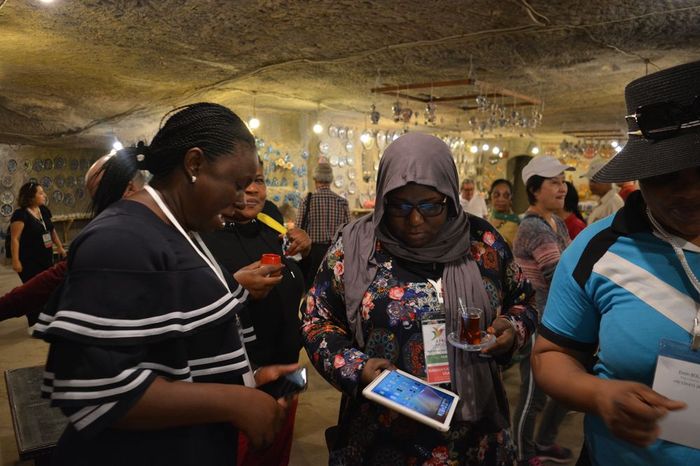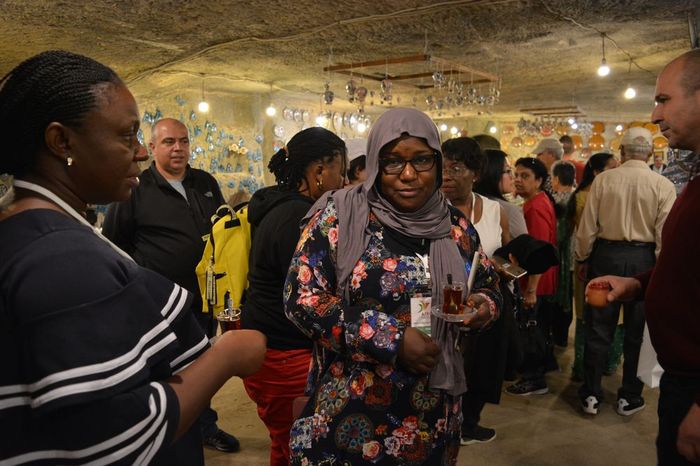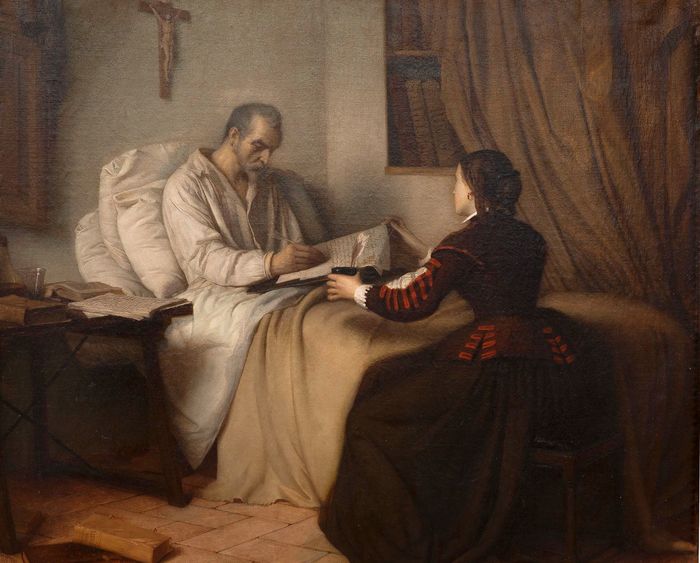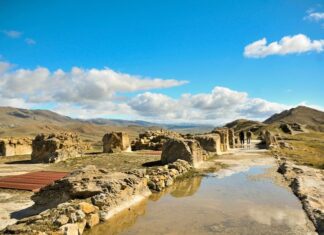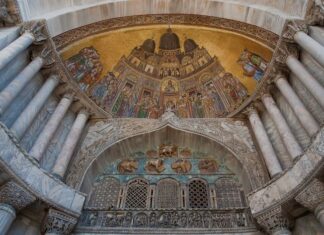Fourth, the privilege of the wealthy was reflected in some extraordinary vulnerabilities among the rest of society. A little girl growing up on the serving side of a great house could rarely imagine a bright future. To become, at or before puberty, a sexual instrument for the lord of the house or his sons—not even a plaything, just an instrument, an object—was not unlikely. Marriage of a sort offered some protection (but not from the lord of the manor, as long as a young woman preserved her sexual attractiveness), but was hardly a warm or sheltering life. Demographers calculate for such women of childbearing years (starting in the early teens) one pregnancy every two years, each one a potential death sentence for mother and infant, each one a hammer blow to the mother’s health and prospects of longevity.
The rich took it for granted that this society, which coddled them and crushed the many, was natural, orderly, inevitable, and acceptable. Christian kindness for the poor made some difference in late Roman times, but the poor who benefited were usually not the most downcast—the slaves, sharecroppers, hewers of wood, and drawers of water—but people with some social standing, whom we might think of as the lower middle class. Christian love of neighbor and Christian charity were focused mainly— some scholars think exclusively—on other Christians.
Soldiers were different and always had been. In classical Roman times, they could not marry or own property until they were given land at retirement—if they lived that long. We will see the ways that military forces were reshaped into mobile communities of families, acquiring ethnic identities to reinforce group solidarity. Compared with the poorest of the poor LIVING IN THE SOCIAL WORLD, a soldier had many advantages, but only a few soldiers advanced to high rank and opportunity, a few more became junior officers, and most lived hard but modestly protected lives—except when actual warfare exposed them to the ultimate risks.
Any direct way of experiencing
Few readers of these pages will have any direct way of experiencing the world of the ancient (or for that matter modern) peasant. These lines by Rebecca West, from her luminous and sympathetic account of Yugoslavia in the 1930s, can open a window for at least a glimpse:
It was a poor day for the market. A storm had been ranging over the mountains all night, and as the year was still early and the crops light, most of the peasants had not thought it worth while to get up at dawn and walk the seven or eight miles to Trebinye. There were a few handsome women standing with some vegetables before them, soberly handsome in the same vein as their plain round caps and their dark gathered dresses, gripped by plain belts. We saw a tourist level a camera at two of these. They turned away without haste, without interrupting their grave gossip, and showed the lens their backs. These were very definitely country women. They wore the typical peasant shoes of plaited thongs, and by their movements it could be seen that they were used to walking many miles and they bore themselves as if each wore a heavy invisible crown, which meant, I think, an unending burden of responsibility and fatigue.
